PRIVILEGED
and
CONFIDENTIAL
The Secret History of the
Presidents Intelligence
Advisory Board
Kenneth Michael Absher,
Michael C. Desch,
Roman Popadiuk,
and the 2006 Bush School Master
in Public and International Affairs
Capstone Team

UNIVERSITY PRESS OF KENTUCKY
Copyright 2012 by The University Press of Kentucky
Scholarly publisher for the Commonwealth, serving Bellarmine University, Berea College, Centre College of Kentucky, Eastern Kentucky University, The Filson Historical Society, Georgetown College, Kentucky Historical Society, Kentucky State University, Morehead State University, Murray State University, Northern Kentucky University, Transylvania University, University of Kentucky, University of Louisville, and Western Kentucky University.
All rights reserved.
Editorial and Sales Offices: The University Press of Kentucky 663 South Limestone Street, Lexington, Kentucky 40508-4008 www.kentuckypress.com
16 15 14 13 12 5 4 3 2 1
Library of Congress Cataloging-in-Publication Data
Privileged and confidential : the secret history of the Presidents Intelligence Advisory Board / Kenneth Michael Absher, Michael C. Desch, Roman Popadiuk, and the 2006 Bush School Master in Public and International Affairs Capstone Team.
p. cm.
Includes bibliographical references and index.
ISBN 978-0-8131-3608-0 (hardcover : alk. paper)
ISBN 978-0-8131-3609-7 (pdf)ISBN 978-0-8131-4062-9 (epub)
1. United States. Presidents Intelligence Advisory Board. 2. Intelligence serviceUnited States. I. Absher, Kenneth Michael. II. Desch, Michael C. (Michael Charles), 1960- III. Popadiuk, Roman. IV. Texas A & M University. George Bush School of Government and Public Service.
JK468.I6P75 2012
327.1273dc23
2012007825
This book is printed on acid-free paper meeting the requirements of the American National Standard for Permanence in Paper for Printed Library Materials.
Manufactured in the United States of America.
Member of the Association of American University Presses
We dedicate this book
to Lieutenant General Brent Scowcroft,
whose service on the board, and elsewhere
in government, epitomizes the ideal of a public servant.
INTRODUCTION
The Presidents Intelligence Advisory Board
Learning Lessons from Its Past to Shape Its Future
Presidents could be forgiven if they did not make reconstituting the Presidents Intelligence Advisory Board (PIAB) their highest priority on taking office. Established in 1956 by President Dwight Eisenhower as the Presidents Board of Consultants on Foreign Intelligence Affairs (PBCFIA), and known for most of its existence as the Presidents Foreign Intelligence Advisory Board (PFIAB), the board, which was renamed at the end of the second Bush administration, is one of the smallest and most obscure parts of the U.S. intelligence community.
This obscurity has been compounded by the fact that the board has not always, especially in recent years, distinguished itself in its mission of providing independent expert advice to presidents on the larger issues affecting the organization of the intelligence community and some of the core technologies it depends on. As a result, it has developed something of an inconsistent reputation among the intelligence cognoscenti as either a cushy do-nothing panel that simply offers additional slots for the plum book with which to reward political cronies or a highly politicized cabal that can meddle in intelligence community affairs to the annoyance of the director of central intelligence (DCI), the director of national intelligence (DNI), and even the president.
To be sure, there is much truth behind both these views of the board, particularly in recent years. But it would be a mistake for the president to ignore the fact that since its inception it has made some signal contributions to improving the organization of the U.S. intelligence community and also pushed it to remain on the cutting edge of some of the most important technological developments relevant to the acquisition, analysis, and dissemination of intelligence in the U.S. government.
It is in the presidents interest, not to speak of the nations, to make the best possible use of the PFIAB for two reasons. First, the PFIAB is now a political fact of life. Presidents have little latitude to abolish or ignore it. President Jimmy Carter tried the former and paid a political price for doing so in the 1980 election, though of course there were many other factors that contributed to his defeat. President George H. W. Bush initially ignored the Ronald Reagan board after taking office in 1989 but by 1990 found that he had to reorganize the board and involve it in at least some intelligence-related deliberations.
But, beyond such political considerations, there is a second reason for thinking hard about how the board can best assist the president in managing the intelligence community. An independent advisory panel made up of experts from a broad range of backgrounds has the potential to offer the president a unique and valuable perspective on intelligence issues. As we show in this book, the PFIAB has, with a few notable exceptions, studied almost every important intelligence issue since the Eisenhower administration. Moreover, it has made important recommendations that led to the establishment of the Defense Intelligence Agency (DIA), the CIAs Directorate of Science and Technology, and the defense attach system and improved the operation of the National Reconnaissance Office (NRO), all of which have clearly enhanced the performance of the intelligence community. At times, its recommendations have been important factors in intelligence-related policy decisions. Thus, while the board has not consistently lived up to its potential as an intelligence advisory body for presidents in the past, its great potential is enough to warrant thinking hard about how it might be better realized in the future.
In the past few years, the U.S. government has established new positions and organizations with an eye toward enhancing the presidential coordination and oversight of intelligence. The creation of the DNI is the culmination of this trend. This position and its broad responsibilities were mandated in the Intelligence Reform and Terrorism Prevention Act passed by Congress and signed into law by President George W. Bush on December 17, 2004. This is the most far-reaching reorganization of American intelligence since the creation of the CIA in 1947. In this new environmentcreated largely by the 9/11 tragedyit is particularly important to have a clear understanding of the role of the PFIAB, one of the smallest, most secretive, least well-known, but potentially most influential parts of the U.S. intelligence community.
This book undertakes such an analysis with the aim of providing a guideline for strengthening the role of the PIAB in the years to come. The aim of our analysis is to determine the strengths and weaknesses of the PFIAB in the past and to identify a productive role for the PIAB in this new environment. Given the current intelligence needs of the country, such an examination is paramount. It will help clarify the role of the PFIAB and shed light on the interrelations of various intelligence components. Most importantly, it will provide recommendations for future presidents to redefine, and possibly augment, the role of the board, thereby helping improve the performance of the U.S. intelligence community.


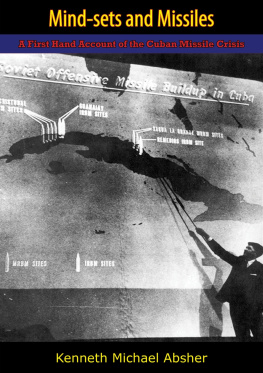
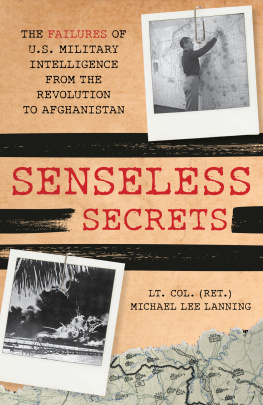
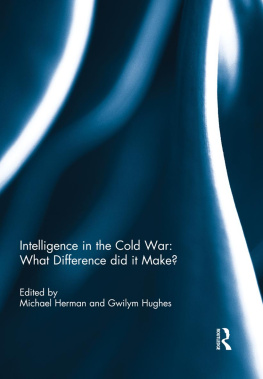
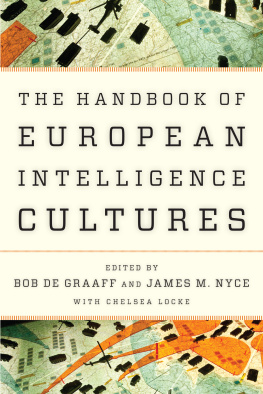
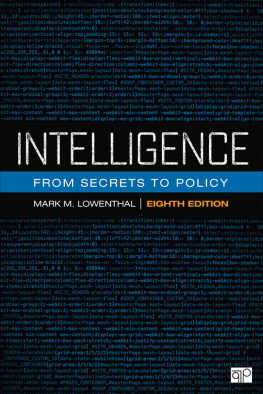
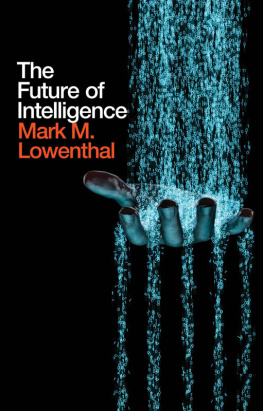
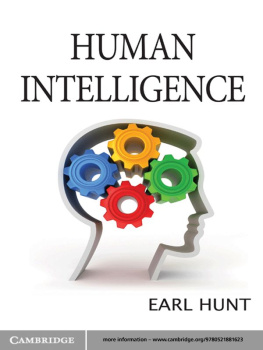
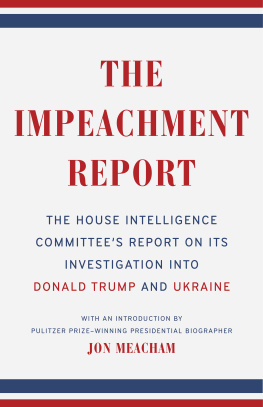
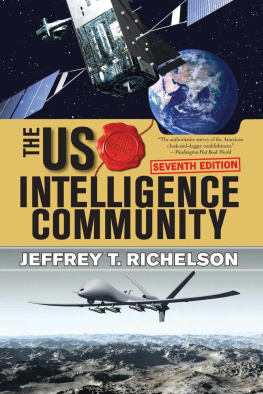

 UNIVERSITY PRESS OF KENTUCKY
UNIVERSITY PRESS OF KENTUCKY
